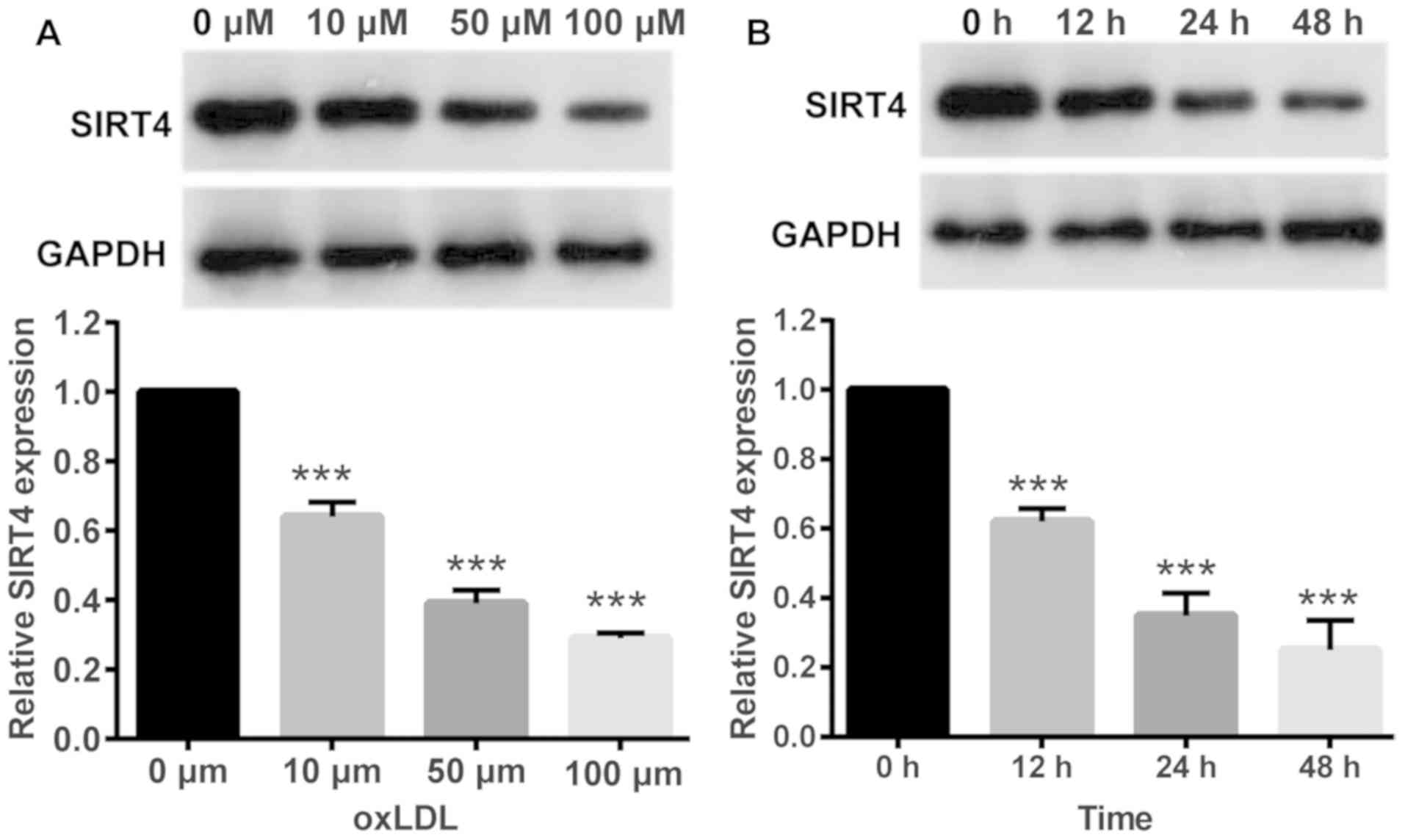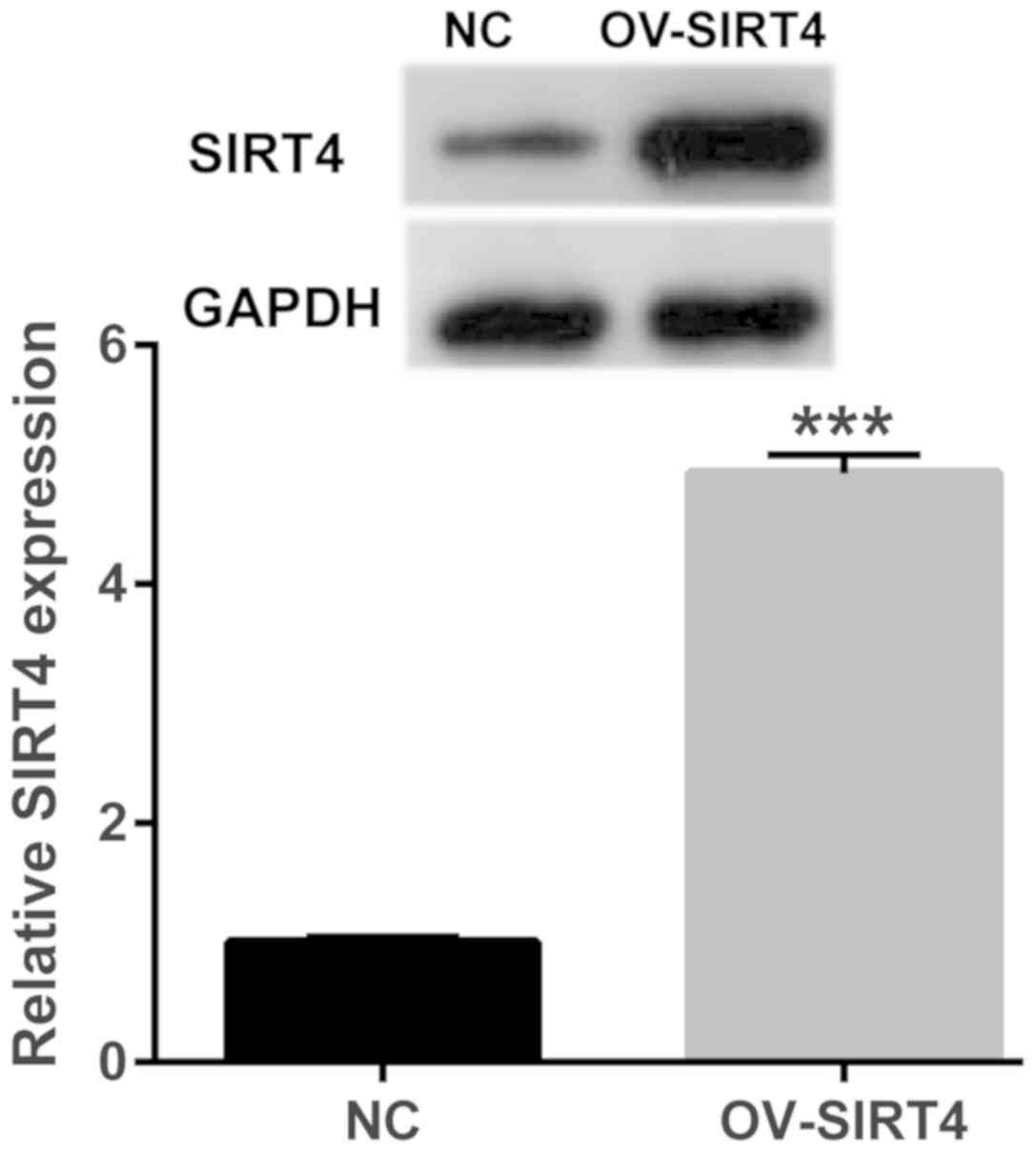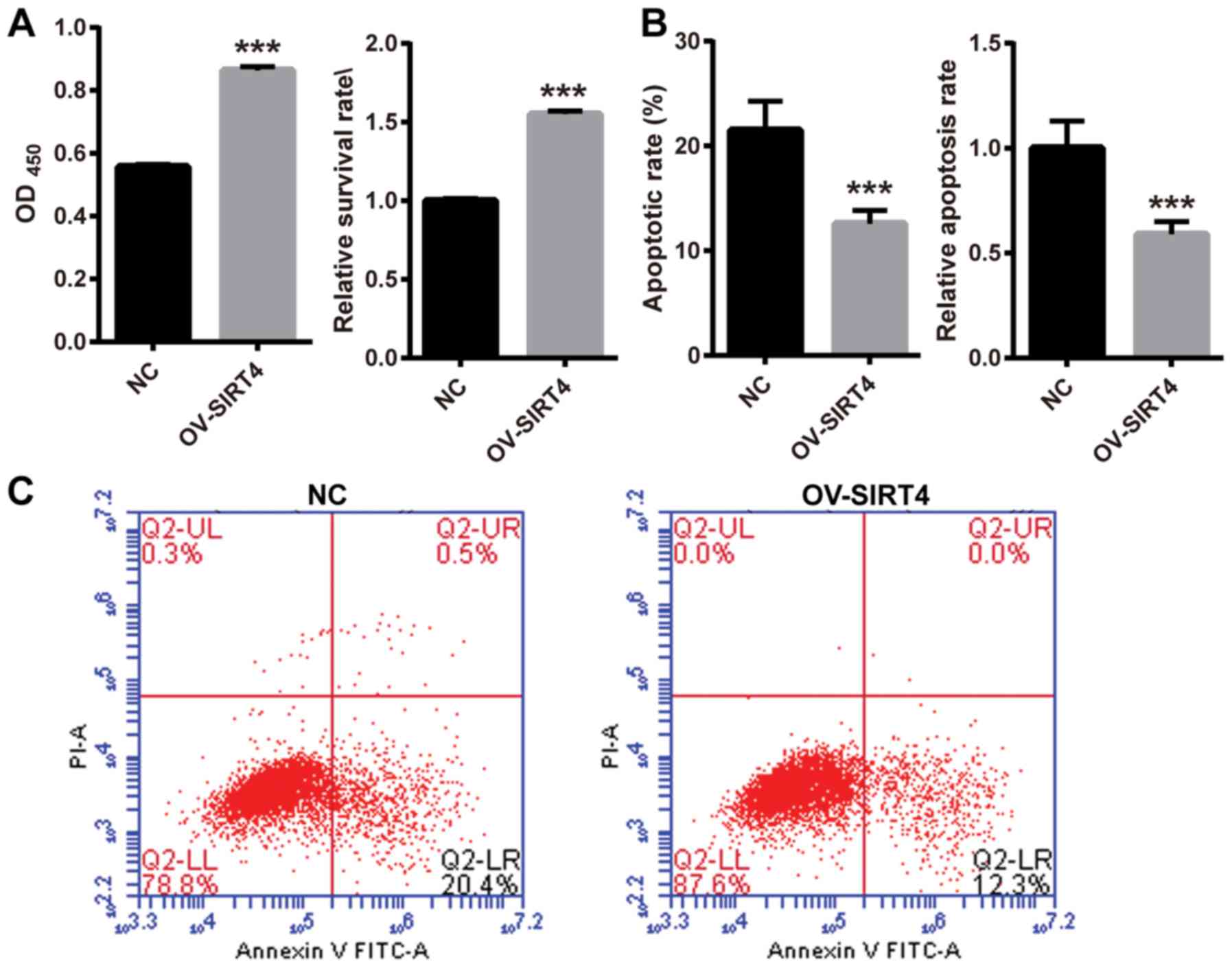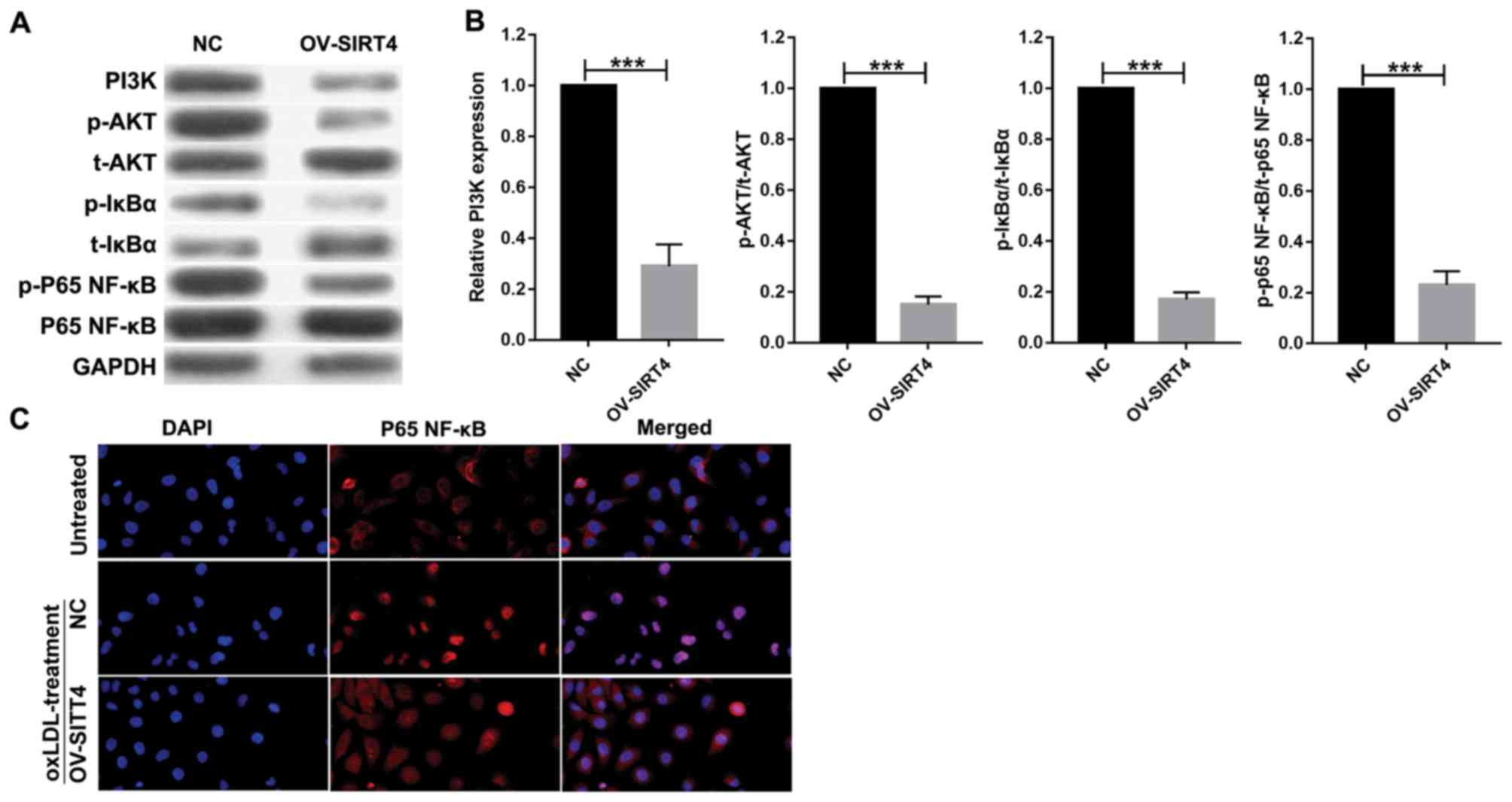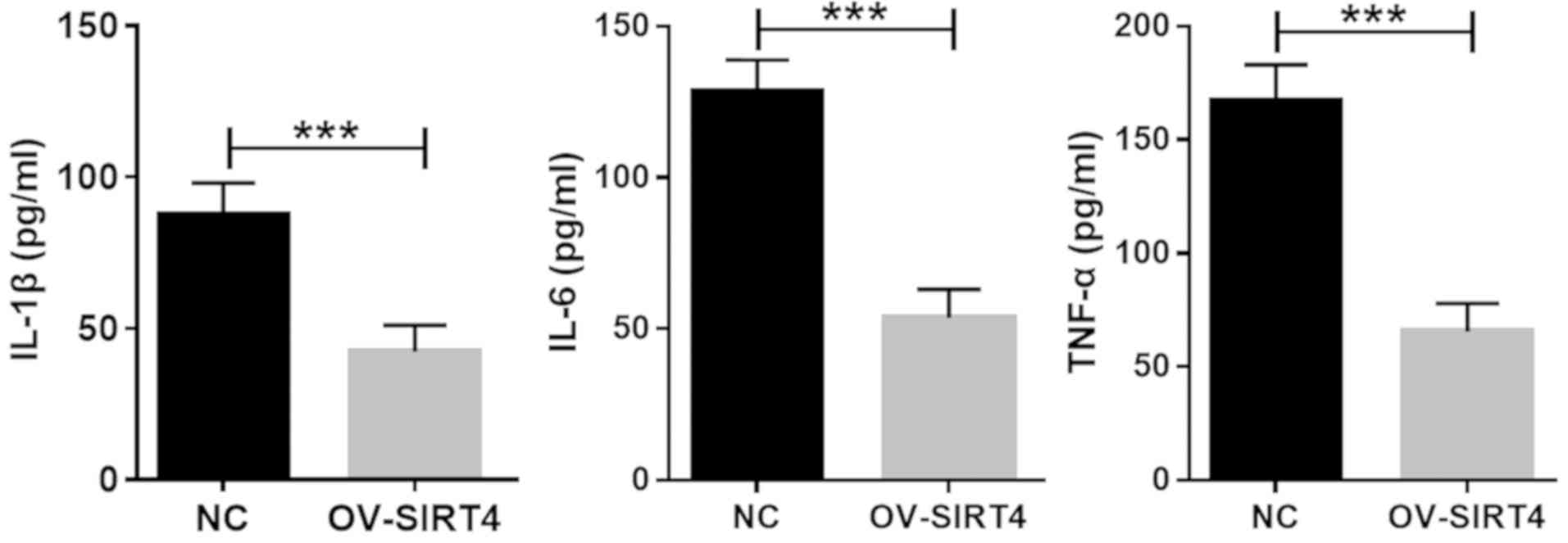|
1
|
Heuslein JL, Meisner JK, Li X, Song J,
Vincentelli H, Leiphart RJ, Ames EG, Blackman BR, Blackman BR and
Price RJ: Mechanisms of amplified arteriogenesis in collateral
artery segments exposed to reversed flow direction. Arterioscler
Thromb Vasc Biol. 35:2354–2365. 2015. View Article : Google Scholar : PubMed/NCBI
|
|
2
|
Tousoulis D, Oikonomou E, Economou EK,
Crea F and Kaski JC: Inflammatory cytokines in atherosclerosis:
Current therapeutic approaches. Eur Heart J. 37:1723–1732. 2016.
View Article : Google Scholar : PubMed/NCBI
|
|
3
|
Park KH and Park WJ: Endothelial
dysfunction: Clinical implications in cardiovascular disease and
therapeutic approaches. J Korean Med Sci. 30:1213–1225. 2015.
View Article : Google Scholar : PubMed/NCBI
|
|
4
|
Tuttolomondo A, Di Raimondo D, Pecoraro R,
Arnao V, Pinto A and Licata G: Atherosclerosis as an inflammatory
disease. Curr Pharm Des. 18:4266–4288. 2012. View Article : Google Scholar : PubMed/NCBI
|
|
5
|
Chistiakov DA, Melnichenko AA, Grechko AV,
Myasoedova VA and Orekhov AN: Potential of anti-inflammatory agents
for treatment of atherosclerosis. Exp Mol Pathol. 104:114–124.
2018. View Article : Google Scholar : PubMed/NCBI
|
|
6
|
Ren K, Lu YJ, Mo ZC, -Liu X, Tang ZL,
Jiang Y, Peng XS, Li L, Zhang QH and Yi GH: ApoA-I/SR-BI modulates
S1P/S1PR2-mediated inflammation through the PI3K/Akt signaling
pathway in HUVECs. J Physiol Biochem. 73:287–296. 2017. View Article : Google Scholar : PubMed/NCBI
|
|
7
|
Pirinen E, Lo Sasso G and Auwerx J:
Mitochondrial sirtuins and metabolic homeostasis. Best Pract Res
Clin Endocrinol Metab. 26:759–770. 2012. View Article : Google Scholar : PubMed/NCBI
|
|
8
|
Kane AE and Sinclair DA: Sirtuins and
NAD(+) in the development and treatment of metabolic and
cardiovascular diseases. Circ Res. 123:868–885. 2018. View Article : Google Scholar : PubMed/NCBI
|
|
9
|
Zheng H, Fu Y, Huang Y, Zheng X, Yu W and
Wang W: mTOR signaling promotes foam cell formation and inhibits
foam cell egress through suppressing the SIRT1 signaling pathway.
Mol Med Rep. 16:3315–3323. 2017. View Article : Google Scholar : PubMed/NCBI
|
|
10
|
D'Onofrio N, Servillo L and Balestrieri
ML: SIRT1 and SIRT6 signaling pathways in cardiovascular disease
protection. Antioxid Redox Signal. 28:711–732. 2018. View Article : Google Scholar : PubMed/NCBI
|
|
11
|
Zhang B, Ma Y and Xiang C: SIRT2 decreases
atherosclerotic plaque formation in low-density lipoprotein
receptor-deficient mice by modulating macrophage polarization.
Biomed Pharmacother. 97:1238–1242. 2018. View Article : Google Scholar : PubMed/NCBI
|
|
12
|
Haigis MC, Mostoslavsky R, Haigis KM,
Fahie K, Christodoulou DC, Murphy AJ, Valenzuela DM, Yancopoulos
GD, Karow M, Blander G, et al: SIRT4 inhibits glutamate
dehydrogenase and opposes the effects of calorie restriction in
pancreatic beta cells. Cell. 126:941–954. 2006. View Article : Google Scholar : PubMed/NCBI
|
|
13
|
Komlos D, Mann KD, Zhuo Y, Ricupero CL,
Hart RP, Liu AY and Firestein BL: Glutamate dehydrogenase 1 and
SIRT4 regulate glial development. Glia. 61:394–408. 2013.
View Article : Google Scholar : PubMed/NCBI
|
|
14
|
Michishita E, Park JY, Burneskis JM,
Barrett JC and Horikawa I: Evolutionarily conserved and
nonconserved cellular localizations and functions of human SIRT
proteins. Mol Biol Cell. 16:4623–4635. 2005. View Article : Google Scholar : PubMed/NCBI
|
|
15
|
Laurent G, de Boer VC, Finley LW, Sweeney
M, Lu H, Schug TT, Cen Y, Jeong SM, Li X, Sauve AA and Haigis MC:
SIRT4 represses peroxisome proliferator-activated receptor α
activity to suppress hepatic fat oxidation. Mol Cell Biol.
33:4552–4561. 2013. View Article : Google Scholar : PubMed/NCBI
|
|
16
|
Laurent G, German NJ, Saha AK, de Boer VC,
Davies M, Koves TR, Dephoure N, Fischer F, Boanca G, Vaitheesvaran
B, et al: SIRT4 coordinates the balance between lipid synthesis and
catabolism by repressing malonyl CoA decarboxylase. Mol Cell.
50:686–698. 2013. View Article : Google Scholar : PubMed/NCBI
|
|
17
|
Qiu Y, Lai H, Huang Y, Hong L, Wang H and
Tao Y: Effect of shear force on SIRT4 in LPS-injured human
umbilical vein endothelial cells. Int J Clin Exp Pathol.
9:4921–4930. 2016.
|
|
18
|
Miyo M, Yamamoto H, Konno M, Colvin H,
Nishida N, Koseki J, Kawamoto K, Ogawa H, Hamabe A, Uemura M, et
al: Tumour-suppressive function of SIRT4 in human colorectal
cancer. Br J Cancer. 113:492–499. 2015. View Article : Google Scholar : PubMed/NCBI
|
|
19
|
Shi JX, Wang QJ, Li H and Huang Q: SIRT4
overexpression protects against diabetic nephropathy by inhibiting
podocyte apoptosis. Exp Ther Med. 13:342–348. 2017. View Article : Google Scholar : PubMed/NCBI
|
|
20
|
Tao Y, Huang C, Huang Y, Hong L, Wang H,
Zhou Z and Qiu Y: SIRT4 suppresses inflammatory responses in human
umbilical vein endothelial cells. Cardiovasc Toxicol. 15:217–223.
2015. View Article : Google Scholar : PubMed/NCBI
|
|
21
|
Hasanally D, Edel A, Chaudhary R and
Ravandi A: Identification of oxidized phosphatidylinositols present
in OxLDL and human atherosclerotic plaque. Lipids. 52:11–26. 2017.
View Article : Google Scholar : PubMed/NCBI
|
|
22
|
Kang Q, Liu W, Liu H and Zhou M: Effect of
compound chuanxiong capsule on inflammatory reaction and
PI3K/Akt/NF-κB signaling pathway in atherosclerosis. Evid Based
Complement Alternat Med. 2015:5845962015. View Article : Google Scholar : PubMed/NCBI
|
|
23
|
Schlegel N, Leweke R, Meir M, Germer CT
and Waschke J: Role of NF-κB activation in LPS-induced endothelial
barrier breakdown. Histochem Cell Biol. 138:627–641. 2012.
View Article : Google Scholar : PubMed/NCBI
|
|
24
|
Liu Z, Wang J, Huang X, Li Z and Liu P:
Deletion of sirtuin 6 accelerates endothelial dysfunction and
atherosclerosis in apolipoprotein E-deficient mice. Transl Res.
172:18–29.e2. 2016. View Article : Google Scholar : PubMed/NCBI
|
|
25
|
Jackson SW, Scharping NE, Jacobs HM, Wang
S, Chait A and Rawlings DJ: Cutting Edge: BAFF overexpression
reduces atherosclerosis via TACI-Dependent B cell activation. J
Immunol. 197:4529–4534. 2016. View Article : Google Scholar : PubMed/NCBI
|
|
26
|
Min J, Weitian Z, Peng C, Yan P, Bo Z, Yan
W, Yun B and Xukai W: Correlation between insulin-induced estrogen
receptor methylation and atherosclerosis. Cardiovasc Diabetol.
15:1562016. View Article : Google Scholar : PubMed/NCBI
|
|
27
|
Di Pietro N, Formoso G and Pandolfi A:
Physiology and pathophysiology of oxLDL uptake by vascular wall
cells in atherosclerosis. Vascul Pharmacol. 84:1–7. 2016.
View Article : Google Scholar : PubMed/NCBI
|
|
28
|
Sosnowska B, Mazidi M, Penson P,
Gluba-Brzózka A, Rysz J and Banach M: The sirtuin family members
SIRT1, SIRT3 and SIRT6: Their role in vascular biology and
atherogenesis. Atherosclerosis. 265:275–282. 2017. View Article : Google Scholar : PubMed/NCBI
|
|
29
|
Garat CV, Crossno JT Jr, Sullivan TM,
Reusch JE and Klemm DJ: Inhibition of phosphatidylinositol
3-kinase/Akt signaling attenuates hypoxia-induced pulmonary artery
remodeling and suppresses CREB depletion in arterial smooth muscle
cells. J Cardiovasc Pharmacol. 62:539–548. 2013. View Article : Google Scholar : PubMed/NCBI
|
|
30
|
Shen T, Yang Z, Cheng X, Xiao Y, Yu K, Cai
X, Xia C and Li Y: CXCL8 induces epithelial-mesenchymal transition
in colon cancer cells via the PI3K/Akt/NF-κB signaling pathway.
Oncol Rep. 37:2095–2100. 2017. View Article : Google Scholar : PubMed/NCBI
|
|
31
|
Napetschnig J and Wu H: Molecular basis of
NF-κB signaling. Annu Rev Biophys. 42:443–468. 2013. View Article : Google Scholar : PubMed/NCBI
|
|
32
|
Hayden MS and Ghosh S: NF-κB, the first
quarter-century: remarkable progress and outstanding questions.
Genes Dev. 26:203–234. 2012. View Article : Google Scholar : PubMed/NCBI
|
|
33
|
Onat D, Brillon D, Colombo PC and Schmidt
AM: Human vascular endothelial cells: A model system for studying
vascular inflammation in diabetes and atherosclerosis. Curr Diab
Rep. 11:193–202. 2011. View Article : Google Scholar : PubMed/NCBI
|
|
34
|
Zernecke A and Weber C: Inflammatory
mediators in atherosclerotic vascular disease. Basic Res Cardiol.
100:93–101. 2005. View Article : Google Scholar : PubMed/NCBI
|















